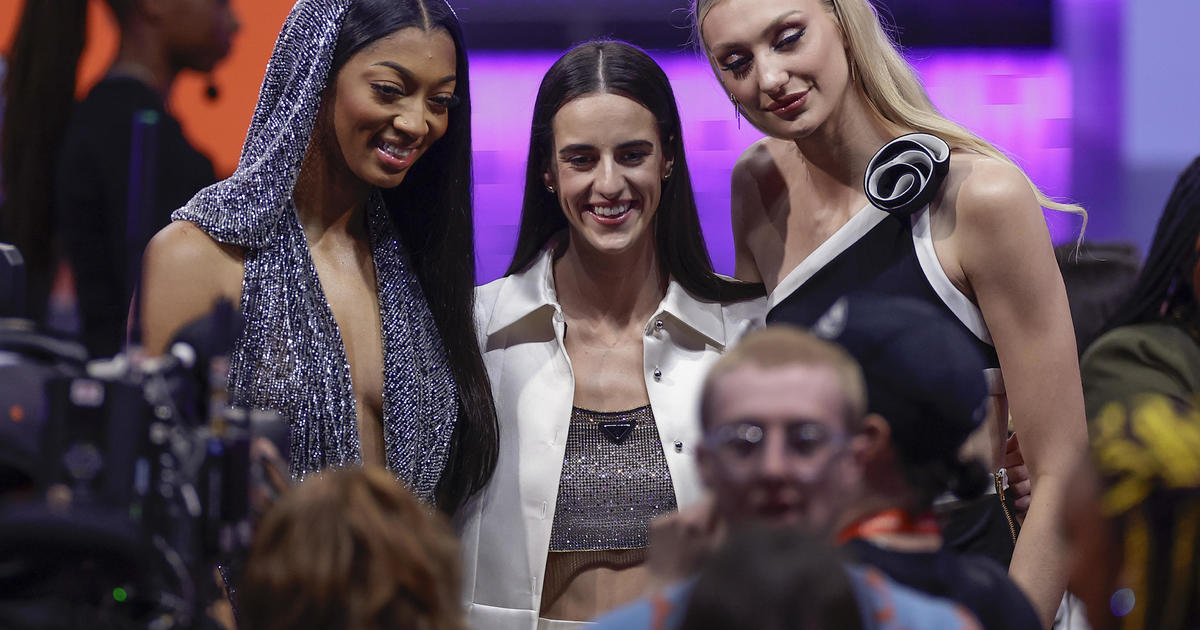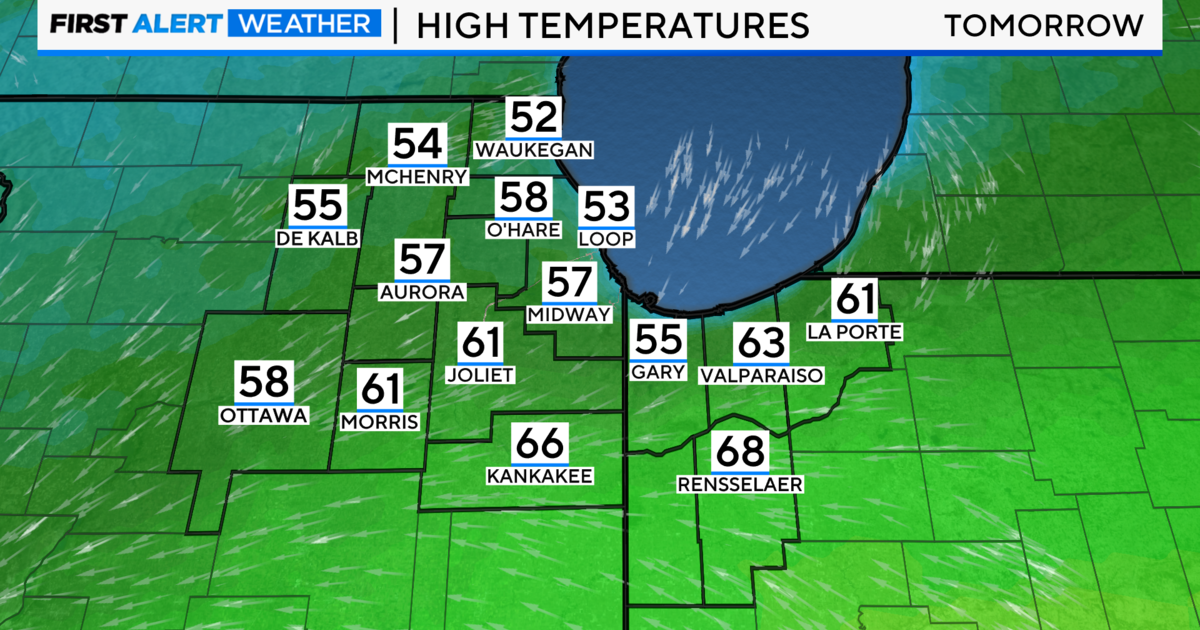Study: Violent Video Games Make Players More Hostile
CHICAGO (CBS) -- Players who enjoy violent video games are more likely to feel threatened in everyday encounters and react in aggressive ways, a new study has concluded.
A study by scientists at the University of Wisconsin found that violent video game players had a higher hostile attribution bias (HAB), which occurs when people tend perceive the behavior of others as hostile, even when those actions are ambiguous.
A person with a high HAB often responds in an aggressive manner because they incorrectly perceive a behavior as a personal threat.
The researchers also wanted to assess the effect of video games on emotions, like frustration.
For the study, researchers deliberately frustrated half the group by forcing them to play a game that was nearly impossible to complete.
They then combined the frustrated group with another group that did not play the difficult game. They divided them into two groups.
One played a violent game called "Fist of the North Star: Ken's Rage."
The other group played a non-violent game called "LittleBigPlanet 2."
While the study found that playing either game helped ease frustration, it also showed that the violent game led to the higher hostility bias.
"Drawing on these ideas, the current study tests how video games are used to manage feelings of frustration and boost one's sense of competency. It also explores how these emotional processes influence game enjoyment and hostile attribution bias (HAB)," according to the study's abstract.
"This in-game performance decreased their feelings of frustration, boosted their sense of competency, and increased their enjoyment of the game. However, for those who played a violent game, this enjoyment predicted hostile attributions: high enjoyment of violence increased HAB, while low enjoyment of violence decreased HAB. These findings have implications for how video games are used to manage negative feelings."
Graduate students James Alex Bonus and Alanna Peebles and assistant professor Karyn Riddle conducted the study.



